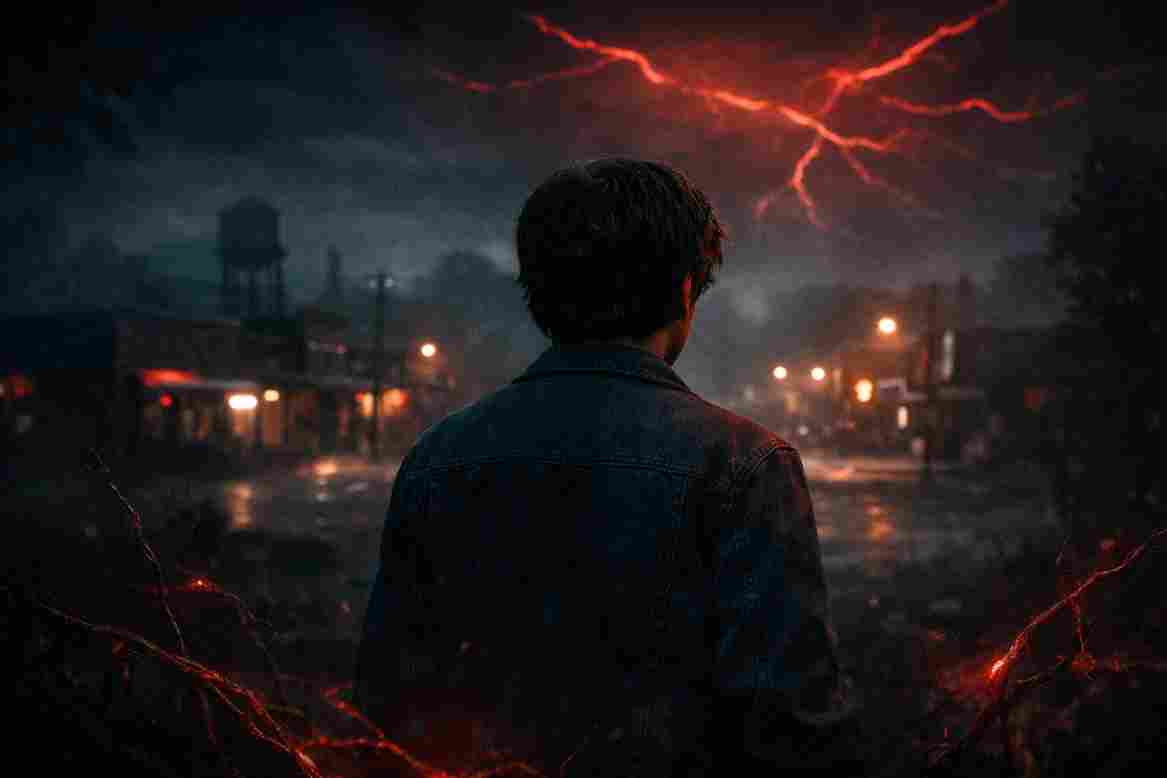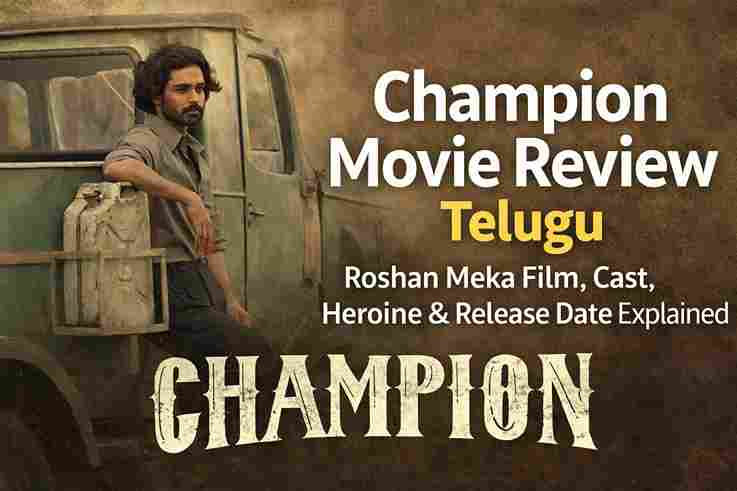My Oxford Year Julia Whelan: Expectations vs Reality
Falling in love—and falling apart—with Netflix’s new romantic drama, My Oxford Year Julia Whelan. Explore how the adaptation compares to Julia Whelan’s novel, from heartbreaking twists to audiobook brilliance and Oxford charm.
Table of Contents
Netflix’s My Oxford Year is finally here – and it’s nothing like you would have imagined. I loaded it up thinking I’d get that classic “cute campus romance” vibe. The trailer practically screamed Y2K Oxford rom‑com: charming Jamie, rainy quads, wry banter. I thought this would be a carefree love story, full of Hallmark‑style Oxford shots. Instead, by mid‑film I realized I wasn’t ready. The story pivots from sunshine to a gut‑punch twist. Suddenly we’re in sobering, high‑stakes territory – and I definitely hadn’t packed tissues. (I was NOT expecting this.)

My Oxford Year Julia Whelan: Ending Betrayal or Bravery?
After the film’s Aug 1, 2025 Netflix drop, fans noticed something huge: the movie ending diverges sharply from Julia Whelan’s novel. In the book, Jamie survives long enough to travel Europe with Ella. In the film he doesn’t – he dies before their trip. That change has split viewers. On one hand, the filmmakers argue it’s more honest and powerful. Even star Corey Mylchreest told EW, “It’s better like that… It would feel like hypocrisy for Jamie to say all these things and then not end there.” On the other hand, novel‑lovers feel betrayed by losing a hopeful ending. Personally, I was a wreck reading the ending (I cried in the bathroom like the cliché I am). It hurts to lose that “future together” in the film. Yet I also get Carson’s point – there’s a raw courage in letting the story end at Jamie’s death. Did changing the ending for maximum tears honor the theme of living fully, or cheapen the hope Whelan originally wrote? I’m still undecided.
My Oxford Year Julia Whelan: The Architecture of Heartbreak
Critics point out how the film’s tone shift feels both sudden and familiar. Guardian says that when the plot “comes, it’s met with a sigh of disappointment for we know exactly what story we’re being told and every single beat that will follow.” In other words, once the sorrow kicks in, it’s almost predictable – we’ve seen this tragic turn before in movies. In Whelan’s novel, the early chapters drip with rom‑com charm (she even describes Jamie splashing fish‑and‑chips sauce on Ella’s shirt in a meet‑cute). Her friends trade quips “as quickly as if they were on Gilmore Girls”, and Oxford rituals feel light and fun. But then everything changes: Jamie’s illness surfaces, and the whimsical story becomes painfully real. I think of that first scene: Ella’s Oxford coat is drenched, she’s irritated at this local guy – one second it’s playful diaspora‑fanfic territory, the next second rainclouds roll in with Jamie coughing in the hospital. One moment I was giggling at campus antics, the next I was choking on sobs as Orchestral Sad Violin played. The contrast is brutal, but it underlines the story’s heart: sweet beginnings giving way to profound loss.

My Oxford Year Julia Whelan: Class, Consent, and Crossing the Pond
Here the film quietly raises thorny issues. Anna is a driven American Rhodes scholar in the ancient halls of Oxford; Jamie is her British lit professor. The power dynamic (and class gap) hangs in the air. The movie only winks at this – TheWrap cheekily notes Oxford didn’t even forbid student‑professor dating until 2023, after Whelan’s 2018 book was published – so legally Anna and Jamie’s affair was only “inappropriate in principle”. Still, we know it’s off‑limits: she’s there on scholarship, he’s on faculty. It’s almost a Cinderella image: the ambitious American girl in a stately ivory tower romance. Consent‑wise, they’re adults, but the imbalance feels real. The film doesn’t dwell on it, but I couldn’t help noticing: was I swooning over forbidden passion, or feeling a twinge of weirdness at this student‑teacher romance? The movie lets us enjoy the dreamy parts (Oxford walks, poetry confessions), but the question quietly simmers – and that adds texture.
My Oxford Year Julia Whelan: A Voice Only Julia Could Have Given
One meta twist: Julia Whelan herself narrated the audiobook of My Oxford Year. In audiobook circles she’s a legend – dubbed “the Adele of Audiobooks” by The New Yorker and the voice behind hundreds of bestsellers. She even won a Society of Voice Arts award for performing her own novel. So I’d already heard Ella’s voice before ever seeing Sofia Carson on screen. Julia’s narration is warm and clear and full of subtlety, and it set a bar for the film. I confess: when I walked into the theater, part of my brain was speaking in Julia’s hushed tone. “Stop overthinking the future,” Julia’s Ella whispered at me. That audio intimacy made me more sensitive, too – I kept waiting for moments from the audiobook to pop up visually, and when they did (like first‑day jitters, picnic tea in the grounds), I felt extra nostalgic.

My Oxford Year Julia Whelan: Villages Reacting (Critics, Spoilers, Social Sorrow)
Critics and fans have been loud. Social media buzzed with “Me Before You”-type comparisons the moment the ending dropped. Indiatimes reports that viewers said “We’ve seen this film before; didn’t like the ending” – there’s real fatigue at another terminal‑love film. On Twitter/X people are lamenting: “Not this again,” “Uh, did I just cry twice?” Even a Vogue live‑blog piece went #79 thoughts, ending with “Well, I did not expect that ending”. (She really did not see it coming.) The Guardian reviewer found the Oxford scenery beautiful but felt the emotions didn’t quite land. It’s the classic village square: some people praise the visuals, others snark at the predictable tears. I even wrote my own half‑joking tweet thread as I watched:
- 1/ This was going to be a lightweight rom‑drama.
- 4/ Then Oxford realized Jamie was dying.
- 7/ I’m ghosting Netflix next weekend.
That gave me some catharsis, at least.
My Oxford Year Julia Whelan: Why It’s Trending Now?
Why the sudden buzz? It’s a mix: the story itself (a bestselling novel) plus Julia Whelan’s double fame as author-and-narrator make a neat package. People are curious about Oxford aesthetics, too – who doesn’t love a leather‑journal‑in-hand campus vibe? But mostly it’s the conversation: does this film hold up in the age of TikTok sincerity and podcast book clubs? Plus, Whelan’s name carries weight now. She’s a hot commodity (600+ audiobooks and counting), so an adaptation gets extra eyes.
The ending forces us to revisit the core message. In interviews, Sofia Carson even points out that My Oxford Year essentially tells us life is short and love is precious. The film literally quotes Tennyson (“Better to have loved and lost…than never to have loved at all”) as a motto, and Carson says the story “reaffirms the belief that life is too short to not live it in love…to not live it in joy”. That echoes Whelan’s theme of carpe diem. If you’ve only read the novel, you might find yourself flipping back pages with new eyes: maybe the book’s clues about living fully now stand out more after seeing the movie’s conclusion.
Also Check Out Why Eyes of Wakanda Surprised Me
My Oxford Year Julia Whelan: Questions to Leave With
Now I’m left thinking like Anna: what matters more, a longer life or a life fully lived? Will we ever romanticize grief the way movies sometimes try? Does the Netflix version honor Ella/Anna’s journey, or distort her autonomy with that final scene? If Jamie had lived in Whelan’s book, would the ending feel braver or just less real? It’s the stuff to ponder late at night.
Because in the end, what matters more: living longer—or learning how not to waste a single day?










